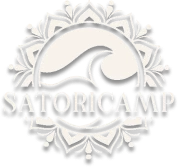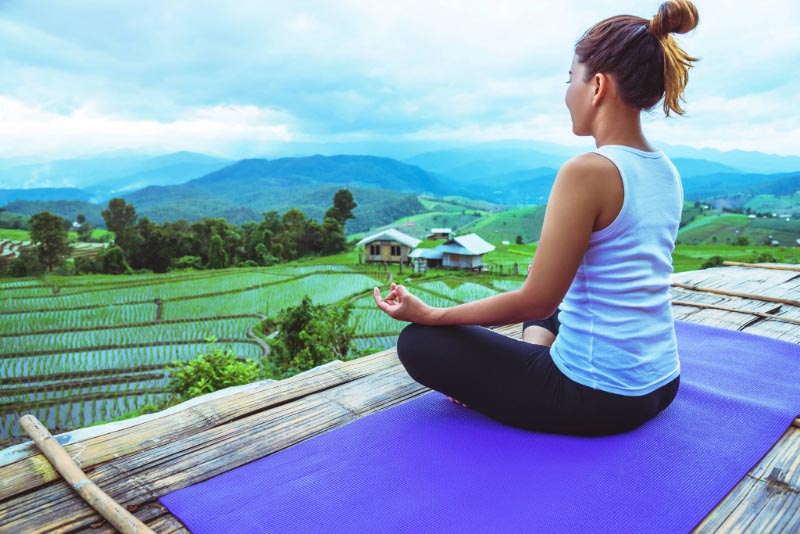Reiki Retreats: Transformative Experiences for Body and Soul
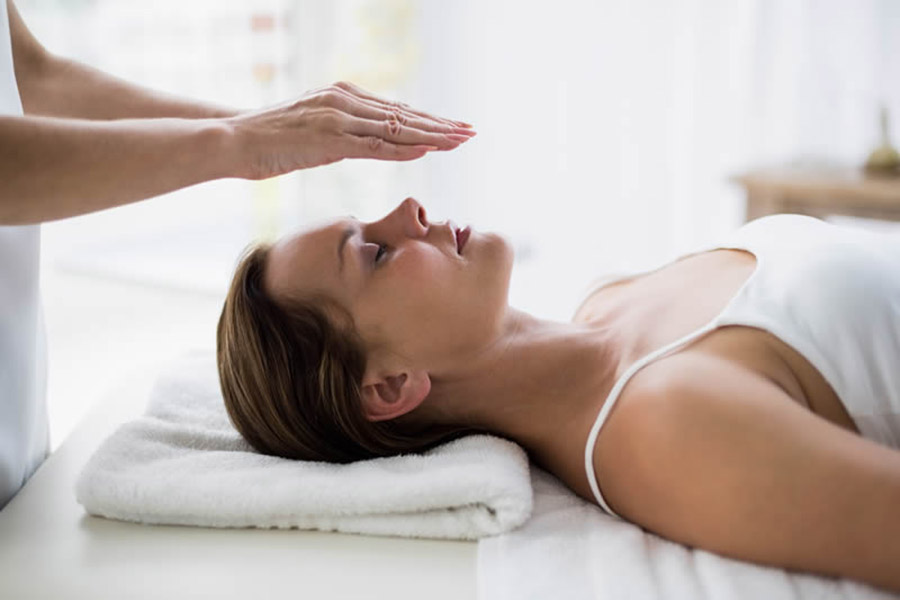
Reiki retreats offer a unique experience for individuals seeking to restore balance and harmony in their lives. These retreats combine the powerful healing energy of Reiki with various complementary practices, such as yoga, meditation, sound healing, hiking, and art. Participants can deepen their spiritual connections and gain a better understanding of themselves and their emotional, mental, and physical well-being.
These retreats are led by experienced Reiki practitioners or Reiki masters who guide the participants through a series of energy healing sessions and complementary activities. Participants can expect to experience transformation and personal growth, as well as an enhanced sense of relaxation and stress reduction.
Reiki retreats take place in serene and beautiful locations around the world, fostering an environment that encourages self-discovery and connection with nature. These retreats cater to a diverse range of personal needs and preferences, allowing participants to find the perfect balance of reiki practice, additional wellness activities, and breathtaking surroundings.
- The Fundamentals of Reiki Retreats
- Benefits of Reiki Retreats
- Incorporating Yoga and Meditation
- Types of Reiki Retreats
- Daily Activities and Workshops
- Choosing the Ideal Location
- Frequently Asked Questions
The Fundamentals of Reiki Retreats
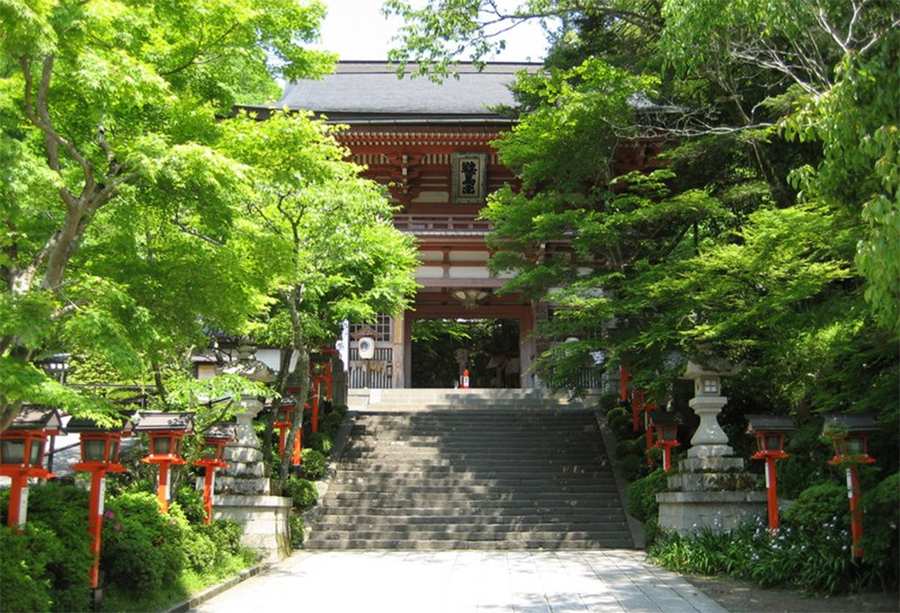
Reiki is a Japanese healing technique that involves the transfer of universal energy from a practitioner's hands to a recipient. This healing approach is widely used for stress reduction and relaxation, promoting overall well-being. Reiki retreats provide an immersive experience for individuals seeking to learn, deepen, or practice their Reiki skills in peaceful, nurturing environments.
At a Reiki retreat, participants can expect various activities designed to promote healing, transformation, and self-discovery. These activities often include Reiki treatments, meditations, and energy exercises. In addition, some retreats offer workshops focused on spiritual awareness and personal growth, incorporating Reiki as a vital component of the retreat journey.
Retreat participants have the opportunity to learn from experienced Reiki practitioners or Reiki Masters. These instructors not only impart knowledge on Reiki practice but also facilitate personalized healing sessions. Such engaging retreats help individuals break free from their daily routines and provide them with space to restore their energy and spirit.
Reiki retreats are available to people with various levels of experience, from beginners to advanced practitioners. The retreat duration can vary, with options ranging from a weekend getaway to week-long courses. By attending these retreats, individuals can deepen their understanding of Reiki practice while also experiencing firsthand the healing benefits of energy work.
Overall, Reiki retreats offer an enriching experience for all attendees, allowing them to hone their Reiki practice and foster personal growth. Whether someone is just starting their Reiki journey or a seasoned practitioner, attending a Reiki retreat is a transformative experience that can lead to lasting benefits in their lives.
Benefits of Reiki Retreats

Reiki retreats offer a unique opportunity for individuals to focus on their well-being, self-care, and personal growth. These retreats combine the practice of Reiki, a form of energy work originating in Japan, with other complementary practices such as yoga, meditation, and mindfulness. Participants often report experiencing a deep sense of relaxation and peace during their retreat.
One of the main benefits of a Reiki retreat is the focus on self-care. In today's fast-paced world, it's essential to prioritize taking care of oneself, both emotionally and physically. Reiki retreats create a space for individuals to explore and practice self-care, reconnecting with themselves and cultivating a greater sense of inner harmony. Retreat-goers have the chance to experience powerful Reiki energy healing, which can help restore balance, alleviate stress, and promote overall well-being.
Reiki retreats also emphasize the importance of community. Often, those attending retreats can connect with like-minded individuals who share similar values and interests, creating a support network for continued growth and healing. This sense of community can help break any feelings of isolation and foster meaningful connections, contributing to a sense of belonging and empowerment.
Mindfulness is another crucial aspect of Reiki retreats. Participants are guided through mindfulness practices and breathing exercises to help them develop a greater awareness of their body, mind, and emotions. This deepened focus on the present moment can lead to increased emotional resilience and more effective stress management.
Lastly, the opportunity for personal growth is a significant advantage of attending a Reiki retreat. By combining energy work, mindfulness practices, and time for reflection, retreats provide an ideal environment for self-discovery and personal transformation. Through deep introspection and self-examination, individuals can uncover new insights, embrace a more authentic self, and pave the way for inner healing and growth.
In conclusion, the benefits of Reiki retreats are many, with relaxation, self-care, community, mindfulness, and personal growth being some of the most significant.
Incorporating Yoga and Meditation
Incorporating yoga and meditation in Reiki retreats offers a holistic approach to healing and personal growth. Integrating these practices allows participants to experience a synergy, maximizing the benefits of each modality in their healing journey.
Practicing yoga during Reiki retreats helps in relaxing the body and releasing tension from the muscles. As participants engage in various yoga sessions, they increase their physical flexibility, strength, and balance. These qualities support the flow of energy that happens during the Reiki healing process.
Meditation, on the other hand, brings mental clarity and emotional stability. This focus enables Reiki healing recipients to connect to their inner selves, which aids in releasing emotional blockages and enhancing personal healing. Different forms of meditation are often taught at Reiki retreats, such as mindfulness, guided visualization, and breath work.
By attending yoga retreats that integrate Reiki and meditation, participants can deepen their connection to their own energy, as well as the universal healing energy channeled through Reiki. This powerful combination helps to cultivate self-awareness, spiritual growth, and overall well-being.
Moreover, yoga and meditation practices complement each other in harmonizing the mind, body, and spirit. For example, individuals can employ meditative techniques during their yoga sessions to further enhance mental focus and awareness. Conversely, participating in yoga retreats that offer meditation can support a participant's ability to delve into deeper states of relaxation during Reiki therapy.
In summary, Reiki retreats that incorporate yoga and meditation bring enriched experiences to participants and maximize therapeutic outcomes. The fusion of these practices caters to various aspects of healing, making them a potent combination for personal growth and self-discovery.
Types of Reiki Retreats
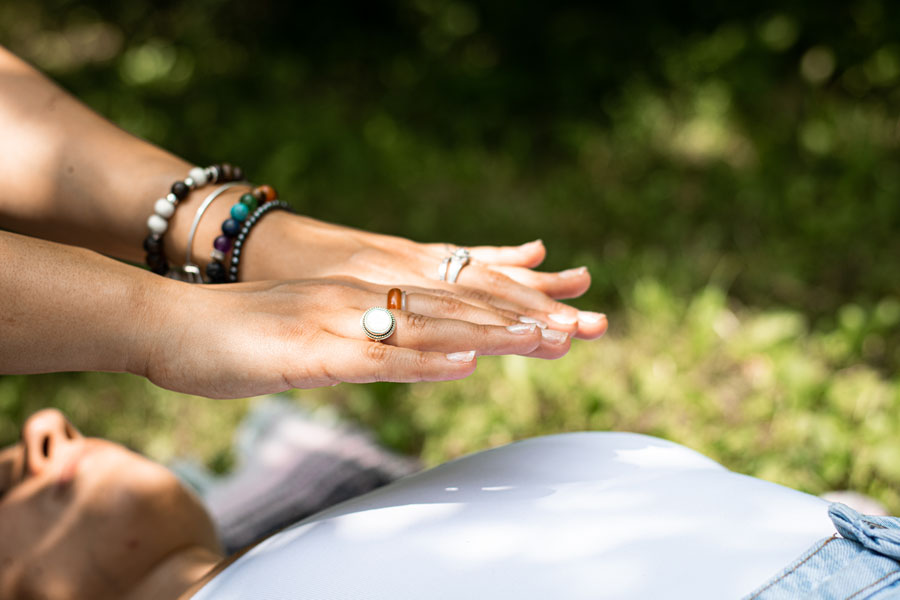
Reiki retreats come in various forms, catering to different needs and preferences of individuals. One popular option is a wellness retreat, which combines Reiki healing practices with other holistic approaches to provide a well-rounded experience for participants. These retreats often include activities like yoga, meditation, and workshops focusing on self-awareness and personal growth. Some wellness retreats may also incorporate Reiki in their daily program, offering treatments and dedicated Reiki Master courses for those interested in deepening their practice
Reiki retreats are typically organized by Reiki associations or organizations within a specific country, aimed at uniting practitioners and enthusiasts within that region. These retreats often offer workshops, seminars, and networking opportunities for attendees. They may also feature guest speakers who are experts in the field of Reiki or other related disciplines, providing valuable insights and knowledge to participants.
A unique Reiki retreat option is a holiday experience, where Reiki healing sessions are combined with leisure activities and sightseeing in idyllic locations. These retreats offer a perfect blend of relaxation and self-discovery, allowing participants to unwind while exploring the benefits of Reiki healing. For example, some holiday retreats may take place in picturesque coastal towns or mountain resorts, providing stunning natural scenery and a tranquil environment for practicing Reiki.
For those seeking an exotic adventure along with their Reiki practice, a safari Reiki retreat might be an excellent choice. These retreats often take place in countries like South Africa, where participants can experience Reiki healing sessions amidst the breathtaking landscapes of national parks and wildlife reserves. This type of retreat allows attendees to connect with nature on a deeper level while simultaneously exploring the power of Reiki healing.
In summary, Reiki retreats cater to various preferences, allowing individuals to choose the experience that best aligns with their personal goals and interests. From wellness retreats with a holistic focus to holiday retreats pairing Reiki sessions with leisure activities, there is a diverse range of options available for both beginners and experienced practitioners alike.
Daily Activities and Workshops
At a typical Reiki retreat, participants can expect a variety of daily activities to nourish their mind, body, and soul. These activities are designed to help individuals connect with their inner selves, find balance, and develop a deeper understanding of the principles of Reiki.
One of the key elements of a Reiki retreat is the range of daily workshops offered. These workshops provide opportunities for participants to learn and practice Reiki healing techniques, including hands-on healing sessions and group healing experiences. Workshops may also incorporate complementary practices such as sound healing, meditation, and breathwork, which can help participants foster an even deeper sense of relaxation and wellness.
In addition to workshops, Reiki retreats often feature daily guided hikes to immerse participants in the beauty of their surroundings. These hikes offer a chance for individuals to connect with nature, experience the serenity of the landscape, and reflect on their emotions and thoughts in a peaceful setting.
Mealtime at a Reiki retreat is another important component, as it represents an opportunity to connect with like-minded people and share experiences and stories. Retreats typically serve nourishing, delicious meals tailored to support the healing process and made from locally sourced, organic ingredients. These shared meals offer participants a chance to integrate what they've learned throughout the day and build lasting friendships with others who share their passion for personal growth and wellbeing.
Throughout the duration of a Reiki retreat, participants will find themselves surrounded by a supportive community of fellow attendees and experienced facilitators. This sense of camaraderie creates a nurturing environment in which individuals can learn, grow, and explore their healing potential with confidence and clarity. In this space, it's not uncommon for participants to form lasting connections and friendships that extend beyond the retreat experience.
Choosing the Ideal Location
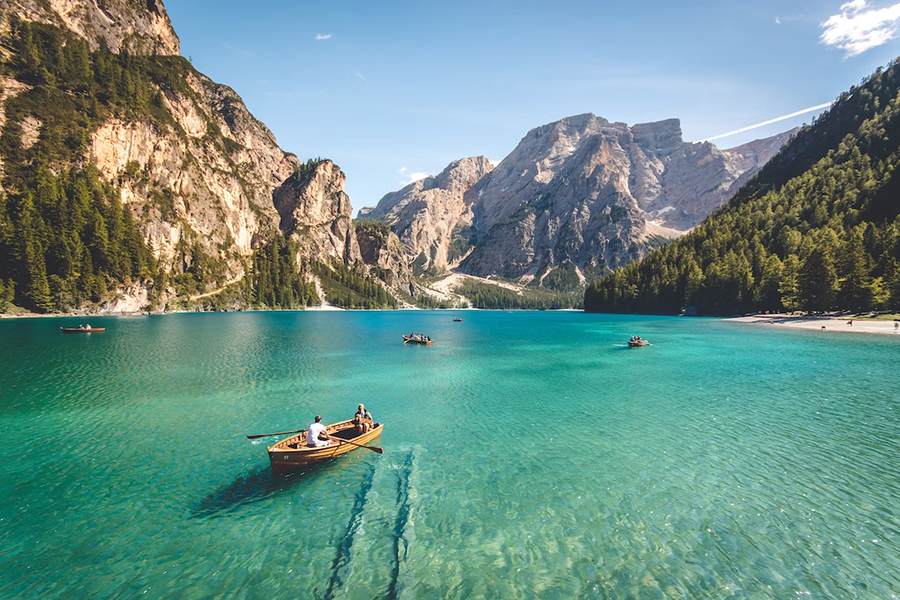
When planning a Reiki retreat, selecting the ideal location is crucial as it can significantly impact the success of the event. The perfect location should offer a serene and peaceful atmosphere that allows participants to focus on their healing journey. It is essential to consider factors such as accessibility, available accommodations, and the environment itself.
One optimal location for a Reiki retreat is near a lake, as being close to water has calming and relaxing effects. A lakeside setting fosters tranquility and can enhance the overall experience for participants. Additionally, lakes provide natural beauty and opportunities for outdoor activities, such as swimming, hiking, or meditation near the water.
California is an excellent choice when considering a destination for a Reiki retreat. With its diverse landscapes, moderate climate, and numerous wellness-oriented facilities, California offers various suitable locations to cater to different preferences. For instance, the picturesque Big Sur area is known for its stunning Pacific coastline and rich forests, making it an ideal choice for a Reiki retreat.
Accommodations play a significant role in the success of a Reiki retreat. Depending on the size of the event and the participants' preferences, you may opt for luxury resorts, cozy inns, or eco-friendly cabins. Ensure that the facilities offer comfortable lodging, healthy meal options, and spaces for conducting Reiki sessions. This includes private treatment rooms and spacious, open areas for group activities.
In summary, choosing the ideal location for a Reiki retreat involves considering factors such as the environment, accessibility, and available accommodations. A serene setting near a lake in California, for example, provides a relaxing atmosphere that can elevate participants' experiences and facilitate their healing journey.
Frequently Asked Questions
What are the benefits of attending a Reiki retreat?
Attending a Reiki retreat can have several benefits for participants. These may include stress reduction, improved relaxation, and increased well-being. Reiki retreats also provide an opportunity to learn about Reiki techniques, share experiences with fellow participants, and deepen the understanding of energy healing.
How long does Reiki training retreat typically last?
Reiki training retreats can vary in length, depending on the program and level of Reiki being taught. Some retreats may take place over a weekend, while others could last a week or more. It is essential to check the specific retreat details for accurate information on the duration of the program.
What qualifications should I expect from Reiki retreat facilitators?
Reiki retreat facilitators should hold appropriate qualifications and experience in Reiki practice and teaching. This can include attunements in different Reiki systems, certifications in various Reiki levels, and proof of ongoing professional development. Additionally, facilitators should be experienced in conducting retreats and have a thorough understanding of Reiki principles and applications.
Can beginners participate in Reiki retreats?
Yes, beginners are generally welcome to participate in Reiki retreats. Many retreats offer introductory workshops or courses for those new to Reiki, allowing them to learn the basics of the practice and experience its benefits. However, it is recommended to confirm the retreat's specific requirements before signing up to ensure it is suitable for your level of experience.
Are accommodation and meals typically included in retreat packages?
Accommodation and meals are usually included in Reiki retreat packages. The type of accommodation may vary, ranging from shared rooms to private suites, depending on the retreat's setting and price tier. Meals are often provided on-site, with a focus on healthy and nutritious offerings to support the participants' well-being during the retreat. It is essential to check the retreat's specific details for information on what's included.
How do Reiki retreats differ from meditation or wellness retreats?
While Reiki retreats share some similarities with meditation and wellness retreats, they uniquely focus on teaching and practicing Reiki techniques. Reiki, an energy healing modality, involves the practitioner channeling life force energy to promote balance and well-being. Reiki retreats aim to guide participants in learning Reiki principles and techniques, whereas meditation and wellness retreats may focus more on developing mindfulness, relaxation, and overall well-being through different practices and activities.

Enjoy a Truly Unique CAMP
Experience With Fellow Travelers
SatoriCamp will match you next vacation with like-minded travelers from around the world.
Find your Camp